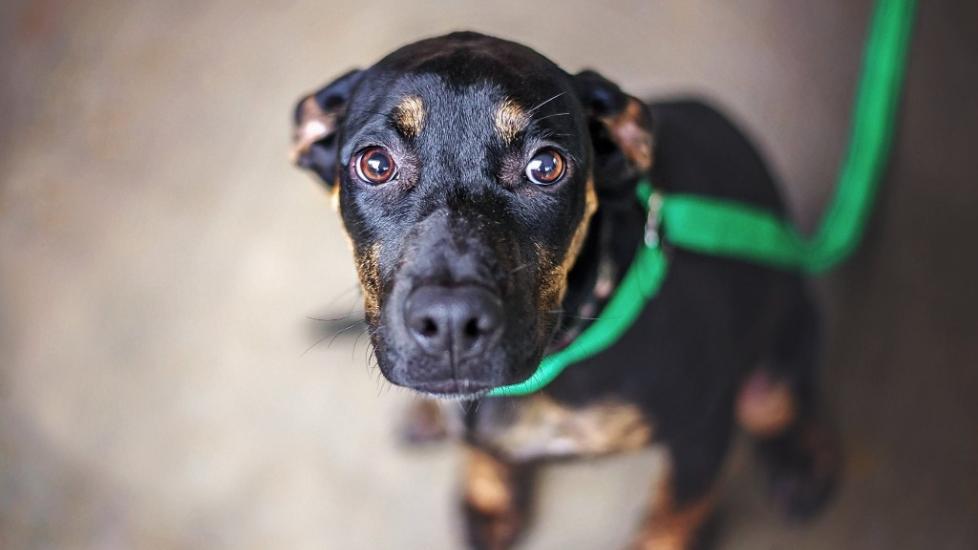Living with a pet is often a delightful experience, filled with unconditional love and companionship. However, it’s not uncommon for dog owners to encounter challenges when their furry friends exhibit unusual or fearful behavior. One common concern that many pet parents face is when their dogs seem scared of everything—from harmless objects like vacuum cleaners to everyday occurrences such as visitors at the door. Understanding why your dog might be afraid can help you address these fears effectively and create a more comfortable environment for both you and your pup. Here are some insights into what could be causing your dog’s fearfulness:
-
Genetics: Just like humans, dogs inherit certain traits from their parents, including temperament and predisposition to anxiety. If either parent was naturally timid or had an anxious disposition, there’s a higher likelihood that your dog may also display similar characteristics.
-
Previous Trauma: Dogs who have experienced trauma in their past, whether through abuse, neglect, or exposure to frightening events, can develop generalized anxiety as a result. This can manifest as being scared of seemingly innocuous stimuli.
-
Lack of Socialization: Proper socialization during a puppy’s formative months (between 7-14 weeks) is crucial for building confidence. Without adequate exposure to new people, places, sounds, and experiences, a dog may become overly cautious or fearful later on.
-
Sudden Changes: Significant changes in a dog’s life, such as moving to a new home, the addition of another pet or family member, or even routine alterations, can trigger fear responses. Dogs thrive on predictability, so unexpected shifts can be unsettling.
-
Inherited Conditions: Some breeds are genetically predisposed to specific phobias or conditions that cause them to be wary of certain things. For instance, herding breeds might show nervousness around fast movements, while hounds could be sensitive to loud noises due to their hunting instincts.
-
Health Issues: Pain or discomfort caused by underlying health problems like arthritis, allergies, or ear infections can make any living creature irritable and defensive, which sometimes manifests as fearfulness.
-
Isolation Anxiety: Dogs left alone for extended periods may develop separation anxiety or isolation distress, leading to increased fear and reactivity whenever they anticipate being left unattended.
Once you understand the potential causes behind your dog’s fearfulness, you can take steps to alleviate those concerns. Consistent training, positive reinforcement techniques, desensitization exercises, and plenty of patience will go a long way in helping your pooch overcome his fears. It’s important to remember that every dog is different, and what works for one may not work for another. Consulting with a professional animal behaviorist or veterinarian can provide personalized advice tailored to your dog’s unique needs. With time and dedication, most dogs can learn to manage their fears and live happily alongside their loving human families.
